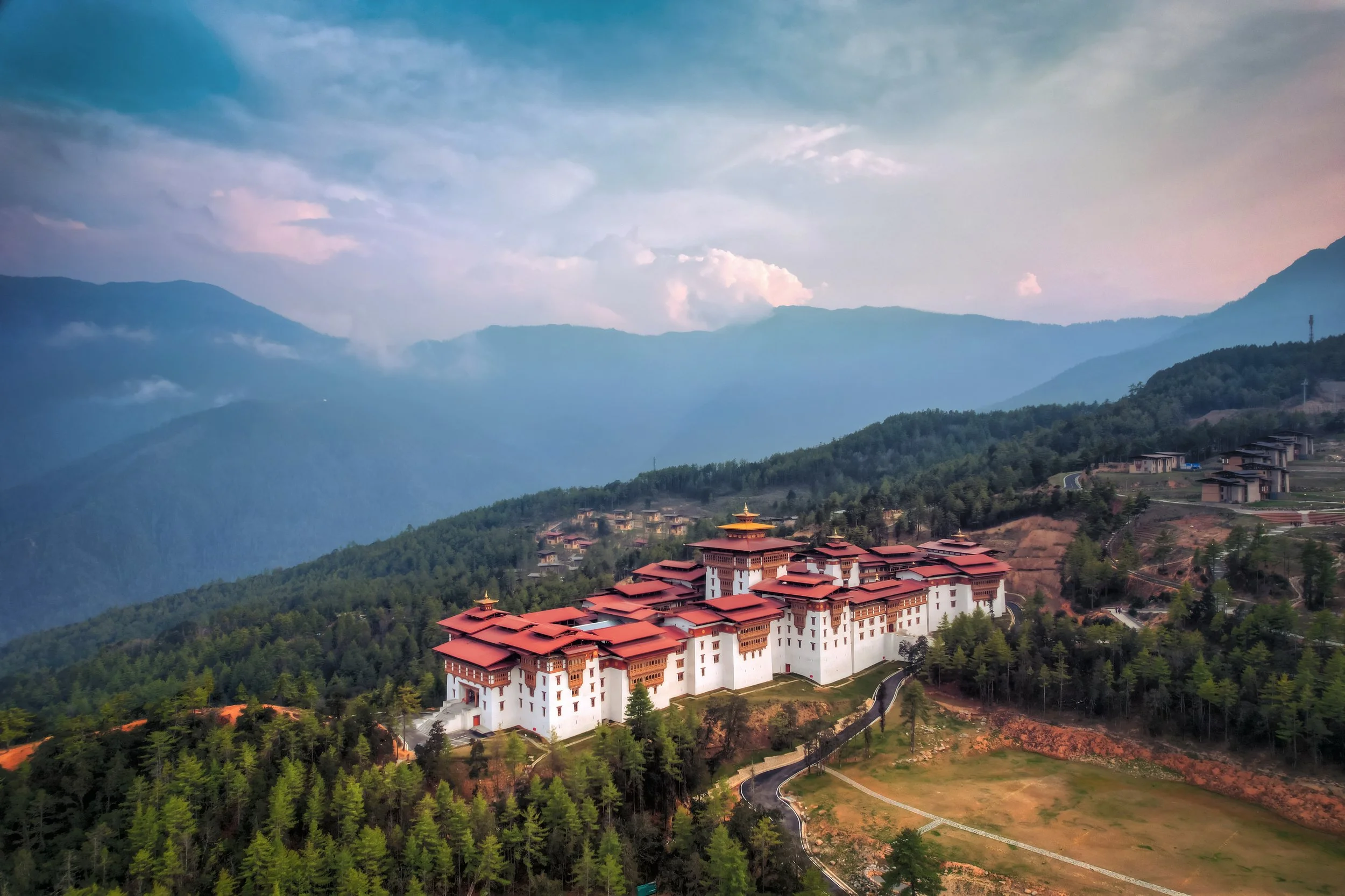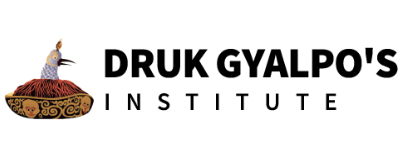
Education Research Centre
About Education Research Centre (ERC)
The Education Research Centre's (ERC) objective is to constantly pursue the development of the Bhutan Baccalaureate such that it is an ever-evolving system of education. Central to this effort is the incorporation of findings and inputs from the Teacher Development Centre and The Royal Academy, alongside collaboration with other national and international organisations. Through this combined engagement, the ERC leads the Institute’s Research and Developmentactivities in a broad sense.
The ERC's activities include the exploration of learning methods and techniques in various areas of education; curriculum research and development; publishing and disseminating works aligned with the objectives of the Institute; and developing the Bhutan Baccalaureate examination and accreditation system. To promote advancements in education, the ERC also organises conferences, seminars, and other programmes. Its commitment to research and interaction with other educational institutions encompasses the provision of research, advisory, consultancy, and training services.
National Collaborations
Ministry of Education & Skills Development (MoESD), the Royal Government of Bhutan
MoESD and DGI have collaborated in transitioning the Bhutan Baccalaureate to the 23 schools as well as training teachers in different subjects, creating and delivering programmes for school leadership, and organising programmes for the students within and beyond the Bhutan Baccalaureate schools. The collaboration also includes reviewing and updating the Curriculum, Assessment and Reporting practices as well as policies on school education in Bhutan.
Paro College of Education (PCE), the Royal University of Bhutan
An immersion programme on the Bhutan Baccalaureate was organised for the faculty members of Paro College of Education 2022. Since then, PCE and DGI collaborated to design an introductory programme on the Bhutan Baccalaureate for the students graduating from PCE. The Bhutan Baccalaureate Learning Process has been infused into the assessment modules of PCE.
Samtse College of Education (SCE), the Royal University of Bhutan
An immersion programme on the Bhutan Baccalaureate was organised for the faculty members of Samtse College of Education in 2022. Since then, SCE and DGI collaborated to design an introductory programme on the Bhutan Baccalaureate for the students graduating from SCE. The Bhutan Baccalaureate Learning Process has been infused into the assessment modules of SCE.
International Collaborations
Department of Education, University of Oxford, United Kingdom
Faculty from OUDE were involved in training the first cohort of teachers for The Royal Academy in 2014-15. Since then, OUDE and DGI collaborated on designing teacher training programmes as well as pursuing research projects. In 2019-20, researchers from OUDE conducted a literature review on major examination boards in the world to determine whether there is space for the Bhutan Baccalaureate, with the answer being a very definitive ‘yes!’. Over the years, DGI has continued to collaborate with OUDE. In 2024, researchers from OUDE visited DGI and met with the Domain teachers, ERC and TDC teams, Principals and Coordinators of the 24 schools and even the students of The Royal Academy. The visit’s objective was to provide feedback on Bhutan Baccalaureate Learning Process and finalize future collaborations.
The Feuerstein Institute, Israel
DGI and the Feuerstein Institute collaborated to train over 200 teachers, officials from MoESD and faculty from the Colleges of Education on dynamic assessment in 2021-22. Currently, DGI and the Feuerstein Institute are working on enhancing the Assessment and Reporting processes of the Bhutan Baccalaureate.
HundrED, Finland
HundrED recognised the Learning Process of the Bhutan Baccalaureate among their global collection of innovations from 2017-21. In 2021, DGI and HundrED collaborated to host a Spotlight on Holistic Education in South and Southeast Asia.
The Fab Foundation, United States of America
DGI collaborated with the Fab Foundation to design and conduct a workshop on the wholistic development of learners during the ‘FAB23’ event in 2023. A joint curriculum was designed that integrated the Bhutan Baccalaureate Curriculum and the Thrive Curriculum. DGI is also collaborating with the Fab Academy and has been offering Fab Academy courses to the students of The Royal Academy since 2024.
Skills Builder Organization, United Kingdom
Druk Gyalpo’s Institute has been collaborating with the Skills Builder Organization since 2024 and is currently registered for the Skills Builder Global Accelerator Programme for the second year in a row. As a member of the Accelerator Programme, DGI works together with the Skills Builder team to develop and implement a complete strategy for teaching essential skills, including training, support, tools and resources.
World Leading Schools Association, WLSA
World Leading Schools Association, WLSA, is a community of students, educators and leaders from secondary schools and universities around the world collaborating and learning from one another through innovative programs and networking. The Druk Gyalpo’s Institute has been collaborating with WLSA since 2024, participating in conferences and exchange programmes with their associate schools such as WLSA Shanghai Academy.
The Schools+ Network, Organization for Economic Co-operation and Development (OECD)
OECD launched the Schools+ Network in May 2023 as a platform for empowering schools to play an active role in leading improvements in education. The Royal Academy, Druk Gyalpo’s Institute has been invited to be part of the first cohort of schools to launch the Schools+ Network. Druk Gyalpo’s Institute is working with other organisations in the Schools+ Network towards:
● Promoting and sharing innovative practices generated within school communities.
● Creating a community of organisations that are learning from each other and exchanging ideas.
● Discuss emerging trends in education and developing resources that will be shared among the organisations in the network.
● Shaping the global conversation and policies on education through Councils, Dialogues and Outlook Reports










